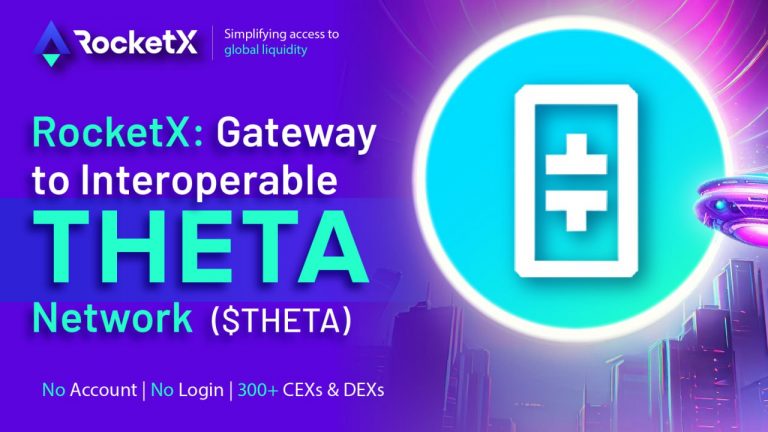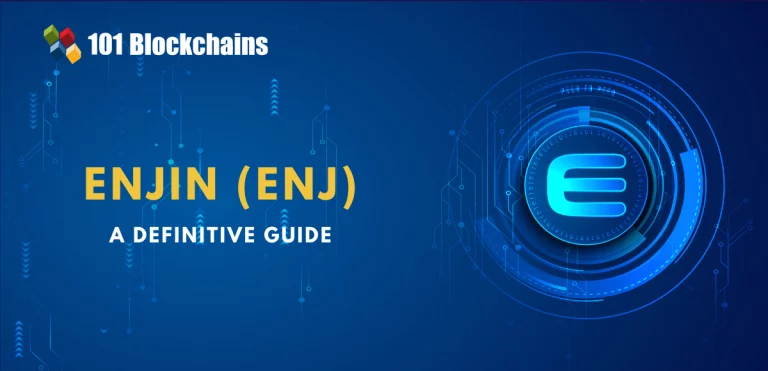
Security Tokens A New Frontier in Digital Assets
Security tokens, a type of digital asset that represents a financial instrument such as a stock, bond, or fund, are revolutionizing the way securities are issued and traded. By leveraging blockchain technology, security tokens offer a more efficient, transparent, and accessible way for companies to raise capital and for investors to participate in the financial markets.
Understanding Security Tokens
Security tokens are different from traditional cryptocurrencies like Bitcoin and Ethereum. While cryptocurrencies are primarily used as digital currencies, security tokens represent underlying assets with real-world value. This distinction is crucial, as security tokens are subject to securities laws and regulations.
The Benefits of Security Tokens
Security tokens offer several benefits over traditional securities:
- Fractional Ownership: Security tokens can be divided into smaller units, allowing investors to purchase fractional shares of a security, making investing more accessible.
- Enhanced Transparency: Blockchain technology provides a transparent and immutable record of security token transactions, increasing transparency for investors.
- Reduced Cost: Issuing and trading security tokens on a blockchain can be more cost-effective than traditional methods.
- Increased Efficiency: Blockchain technology can streamline the process of issuing and trading securities, reducing settlement times and improving efficiency.
- Global Reach: Security tokens can be traded globally, expanding the potential investor base for companies.
Types of Security Tokens
There are several types of security tokens, each with its own unique characteristics:
- Equity Tokens: Represent ownership in a company, similar to traditional stocks.
- Debt Tokens: Represent debt instruments, such as bonds or loans.
- Real Estate Tokens: Represent ownership in real estate properties.
- Commodity Tokens: Represent ownership in commodities, such as gold or oil.
The Challenges of Security Tokens
Despite their benefits, security tokens also face some challenges:
- Regulatory Uncertainty: The regulatory landscape for security tokens is still evolving, and there is uncertainty about how they will be regulated in different jurisdictions.
- Market Adoption: The adoption of security tokens is still in its early stages, and it may take time for them to gain widespread acceptance.
- Technological Challenges: Implementing security tokens on a blockchain requires technical expertise and can be complex.
- Liquidity: The liquidity of security tokens can vary depending on the underlying asset and the market conditions.
The Future of Security Tokens
The future of security tokens looks promising, as the technology continues to evolve and regulatory frameworks become more established. Security tokens have the potential to revolutionize the way capital is raised and traded, making it more efficient, transparent, and accessible.
As the demand for digital assets grows, security tokens are likely to play an increasingly important role in the financial markets. They offer a new way for companies to raise capital and for investors to participate in the global economy.
In conclusion, security tokens represent a significant innovation in the world of finance. By leveraging blockchain technology, security tokens can offer a more efficient, transparent, and accessible way for companies to raise capital and for investors to participate in the financial markets. As the regulatory landscape evolves and the technology matures, security tokens are poised to play a major role in the future of finance.



